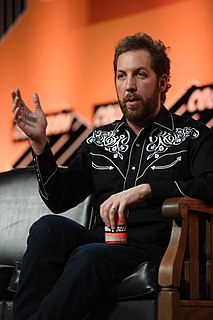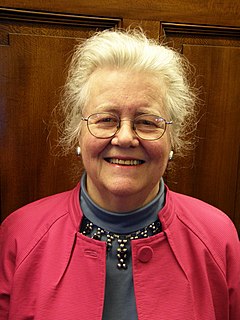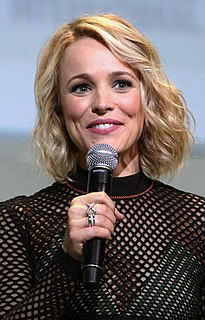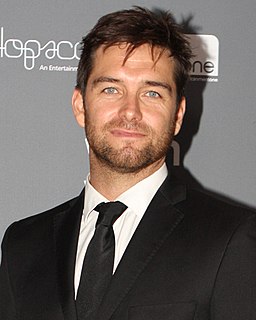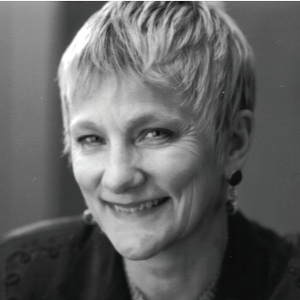A Quote by Chris Sacca
American computer science grads often have very little exposure to the human condition. They've rarely had manual labor or service jobs. They grow up in a bubble of privilege lulled into thinking this country is a true meritocracy.
Related Quotes
For me white privilege has turned out to be an elusive and fugitive subject. The pressure to avoid it is great, for in facing it I must give up the myth of meritocracy. If these things are true, this is not such a free country; one's life is not what one makes it; many doors open for certain people through no virtues of their own.
The history of science, like the history of all human ideas, is a history of irresponsible dreams, of obstinacy, and of error. But science is one of the very few human activities-perhaps the only one-in which errors are systematically criticized and fairly often, in time, corrected. This is why we can say that, in science, we often learn from our mistakes, and why we can speak clearly and sensibly about making progress there. In most other fields of human endeavour there is change, but rarely progress ... And in most fields we do not even know how to evaluate change.
The American accent is a little bit tricky. We grew up with American TV shows, so we've had a lot of exposure to it and that helps, but there's little nuances and little details. Sometimes there'll be just a phrase or couple words that are really difficult to get your mouth around. At the end of every season we go over and revoice anything that has sound issues, including my kiwi accent coming out.
The Canon AE1 - a fully manual camera. [My mother] had a 50mm, which is a standard lens, and then I got a 28mm. Then I started a little punk magazine, a zine, when I was 14 or 15 years old. I was shooting my friends skateboarding and it was the beginning of the Macintosh. We wouldn't do layouts on the computer; we would pick the font and then type up a paragraph and then print it out and cut it up and put it in a little mock-up and Xerox it.
The suburban housewife - she was the dream image of the young American women and the envy, it was said, of women all over the world. The American housewife - freed by science and labor-saving appliances from the drudgery, the dangers of childbirth, and the illnesses of her grandmother had found true feminine fulfillment.
